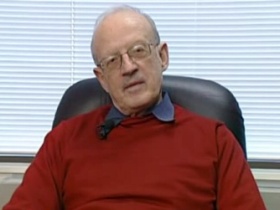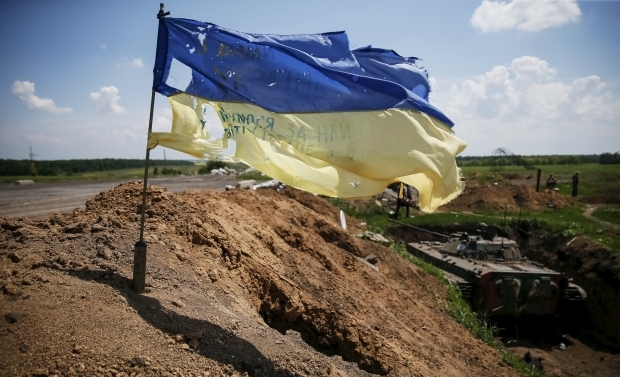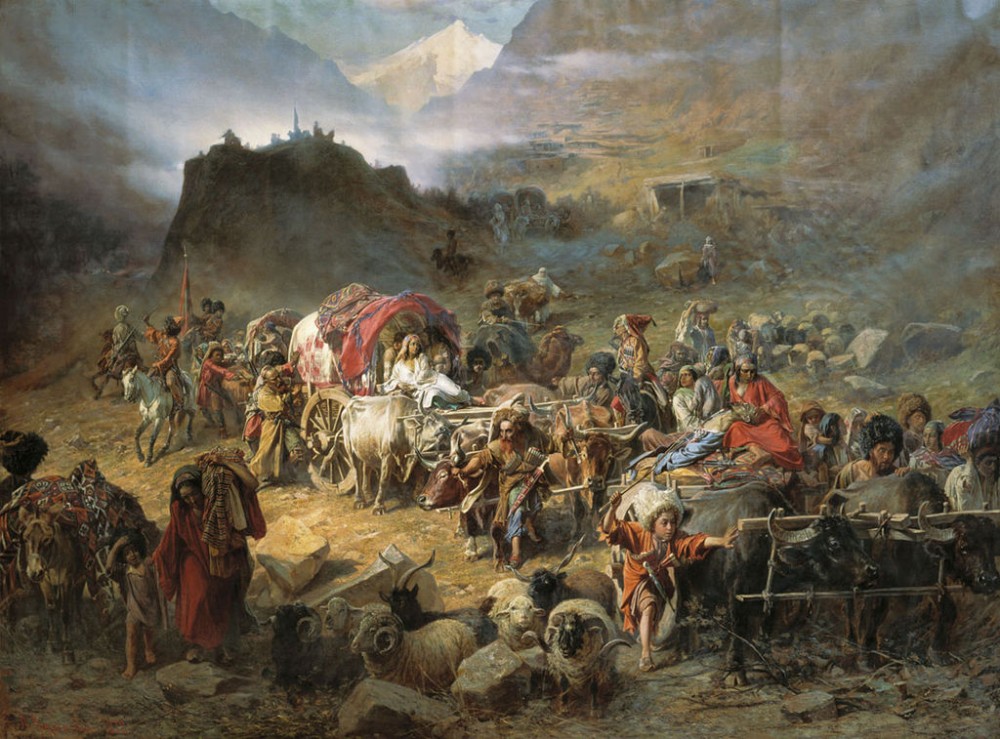Fearful that a Russian victory in Ukraine would tempt Vladimir Putin to move against the Baltic countries whose defense would require the kind of military actions that NATO does not want to have to take, the Western powers have decided that they must stop Putin in Ukraine by non-military means, according to Andrey Piontkovsky.

They have become convinced, the Russian analyst says, that “if they allow Putin to triumph in Moldova, Ukraine or somewhere else, then on the very next day, his ‘little green men’ will appear on the territory of the Baltic countries, that is, on the territory of NATO member countries.”
In that event,he says, they would not be able to avoid the open military conflict that they have done so far in Ukraine because if they did not live up to Article 5 of the NATO Charter, “this would be a shameful end of NATO, the end of the West as a subject of world politics, and the departure fro the world arena of the US as the guarantor of the security of the West.”
“But if they come to the assistance of Estonia, this would be a war with a nuclear power led by a man who lives in another reality and who flaunts his nuclear weapons. That is an unthinkable choice [for the West],” and that is why, Piontkovsky argues, the West has made a firm decision to “stop Putin here and now in Ukraine… ‘without boots on the ground.’”
The West doesn’t have any need to use military force in Ukraine, he continues, because it “has sufficient economic and political means to inflict a humiliating defeat on Putin.” And, it is important to understand, that what the West is doing is about its own security and has nothing to do with its sympathies or lack thereof to Ukraine.
This new toughening of the West’s position has left Putin in “a very complicated situation.” His efforts to promote a frozen conflict in place of the failed Novorossiya Project have not been accepted by the West, and consequently, he must either accept a slow retreat or escalate dramatically, something that his entourage may find “’too dangerous and extremely expensive.’”
Putin’s choice, Piontkovsky continues, is thus between “political death as someone who will be held responsible for corruption, responsible for the downing of an airliner and a mass of other unattractive affairs or be the fighting leader of ‘the Russian world’ who throws a challenge to the entire West.”
Emotionally, of course, Putin would be drawn to “the second variant.” But not everyone around him will be happy with that, and the Kremlin leader may be less of a free agent on this question than he or others suppose – indeed, Piontkovsky suggests, some commentators close to the Kremlin have indicated that Putin faces exactly this kind of choice.
The coming days and weeks are likely to be critical, and what will happen depends not only on what takes place on the ground in Ukraine and in Western diplomacy but on “how much Putin controls the situation personally.” He might benefit for a time from a bigger war; but many of those around him would not.
Moreover, Piontkovsky says, if Putin moves dramatically in Transdniestria or Odesa or somewhere else, there is little doubt that “the reaction of the West will be very harsh,” judging from the statements of Western diplomats and leaders over the last two or three weeks with regard to Putin.
Consequently, the Russian analyst says, one can say that Putin “has already suffered a political defeat… he has two variants for the future: that of a slow retreat and that of an insane escalation. And both will lead to his political defeat.” The latter “will lead to the end of the Putin regime much more rapidly, but it will entail enormous losses of human life.”
And thus one must put one’s hope in Putin’s entourage, Piontkovsky concludes, a group of people who despite their own shortcomings “might be able to restrain him from this insane step.”





